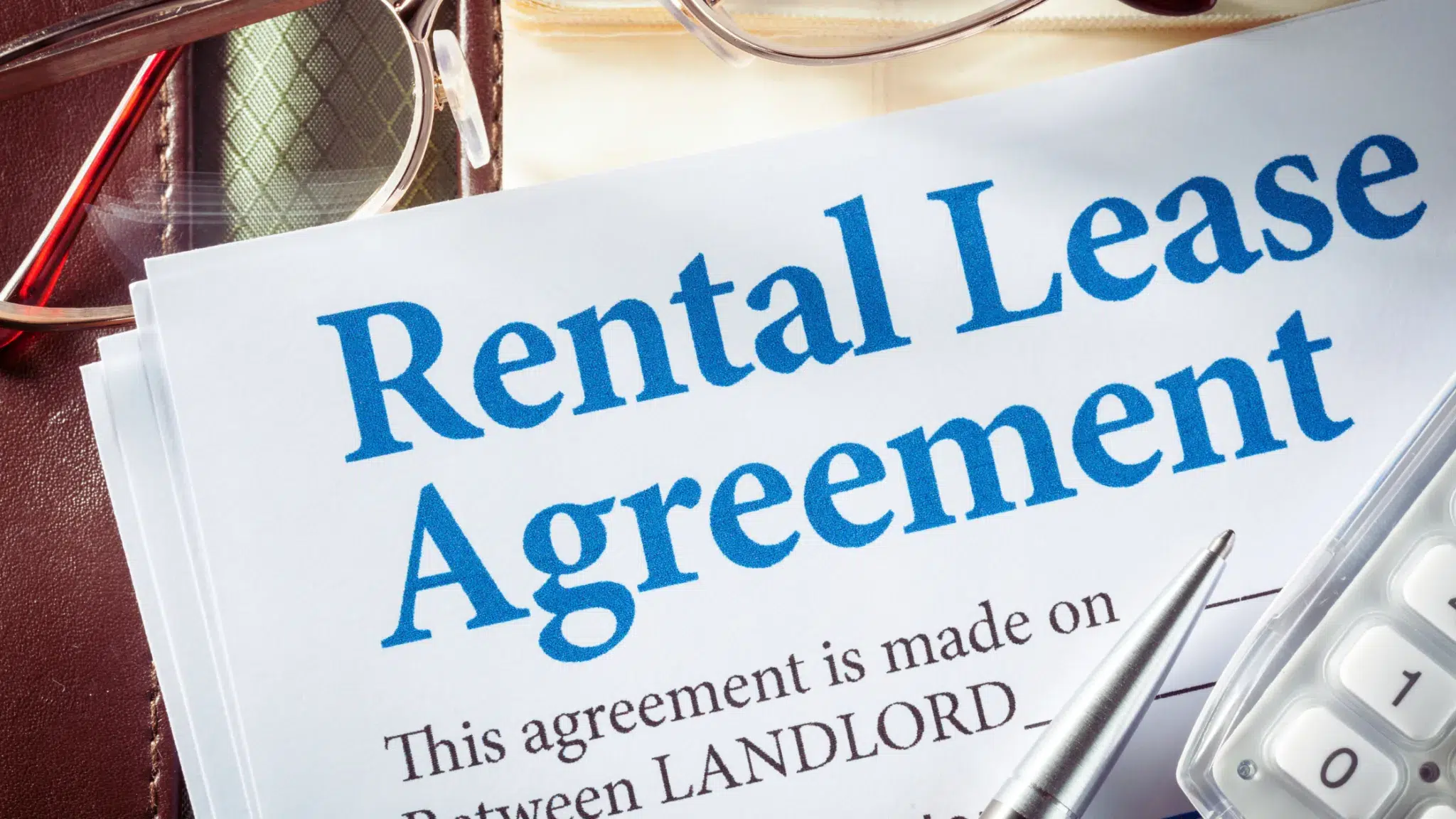Are you a landlord in Louisiana? Want to ensure you’re well-informed about lease agreements in the state? Look no further, as this article has all the essential info you need.
From lead-based paint hazards to rent and fees, security deposits to tenant screening, and fair housing protections to entry requirements, we’ve got you covered.
Understanding these rules is crucial for maintaining a harmonious landlord-tenant relationship and avoiding legal complications. Whether you’re seasoned or new, let us guide you through your lease agreement Louisiana laws.
Let’s dive in!
Lead-Based Paint Obligations
As a landlord in Louisiana, you must comply with lead-based paint obligations established by federal law in your Louisiana lease agreement.
This means that if your property was built before 1978, you’re required to include information about lead-based paint hazards in your lease agreement.
Additionally, you must distribute an EPA-approved information pamphlet called ‘Protect Your Family from Lead in Your Home’ to your tenants. It’s important to disclose any known lead hazards in the property to ensure the safety of your tenants.
These obligations were established by Section 1018 of the Residential Lead-Based Paint Hazard Reduction Act of 1992.
Rent and Fees Regulations
To understand the regulations surrounding rent and fees in a Louisiana residential lease agreement, it’s important for landlords to be aware of the following guidelines.
– Rent is typically due at the beginning of each month, unless otherwise specified in the lease agreement.
– Rental application fees aren’t regulated by Louisiana rent laws, meaning landlords have the freedom to set their own fees.
– It’s worth noting that Louisiana doesn’t have statewide rent control, so landlords have more flexibility in determining rental rates.
– Additionally, there’s no limit on late fees in Louisiana, and there’s no mandatory grace period for tenants to pay their rent.
These regulations provide landlords with the necessary information to effectively manage finances and fees associated with their rental properties.
Security Deposit Guidelines
When collecting a security deposit from your tenants in Louisiana, it’s important to know the guidelines and regulations that govern this process.
In Louisiana, there’s no limit on the amount you can collect as a security deposit. However, you aren’t required to pay interest on the deposit.
It’s also crucial to keep in mind that you must return the security deposit within one month after the tenant moves out.
Unlike some states, Louisiana doesn’t require landlords to keep the security deposit in a separate bank account. However, you do have the right to withhold funds from the deposit for necessary repairs or if the property has experienced unreasonable wear.
Tenant Screening and Fair Housing Laws
Now let’s delve into tenant screening and fair housing laws in Louisiana, and how they impact you as a landlord.
Federal law prohibits discrimination in housing based on race, color, religion, gender, national origin, familial status, and disability, and Louisiana state law reaffirms these protections.
As a landlord, you must comply with the federal Fair Credit Reporting Act (FCRA) when handling tenant credit information.
Criminal background checks may be used during tenant screening in Louisiana, but it’s important to follow HUD recommendations for using them fairly.
Additionally, Louisiana doesn’t require landlords to give advance notice before entering a property and there are no designated time-of-day entry restrictions, although entry without notice or consent is allowed in case of an emergency.
Entry Requirements for Landlords
As a landlord in Louisiana, ensuring compliance with entry requirements is essential to protect both your tenants and your property. Unlike some states, Louisiana doesn’t require landlords to give advance notice before entering a property, nor does it designate any time-of-day entry restrictions.
However, it’s important to note that landlords may only enter without notice or consent in case of an emergency. This means that for regular maintenance or inspections, it’s best practice to provide your tenants with notice and obtain their consent.
Conclusion
So there you have it, landlords in Louisiana! Understanding the legal requirements and regulations surrounding lease agreements is essential for maintaining a smooth landlord-tenant relationship and avoiding legal complications.
From lead-based paint obligations to rent and fees regulations, security deposit guidelines to tenant screening and fair housing laws, and entry requirements for landlords, this article has provided you with all the necessary information to navigate the Louisiana rental market successfully.
Stay informed and ensure a harmonious rental experience for both you and your tenants.










